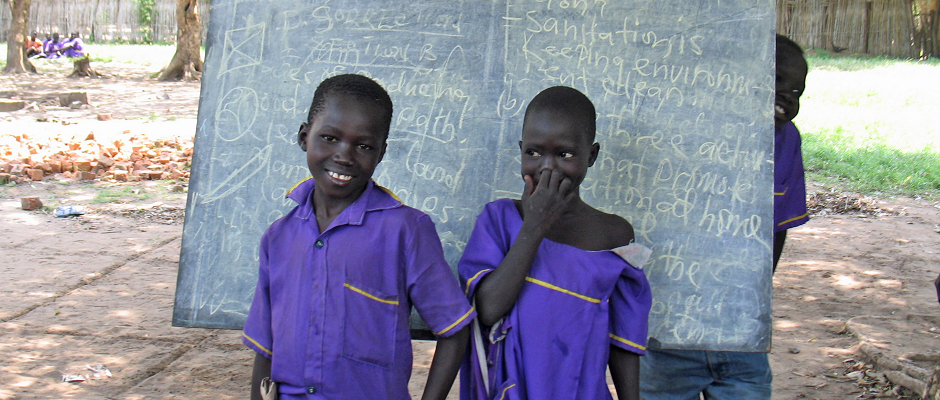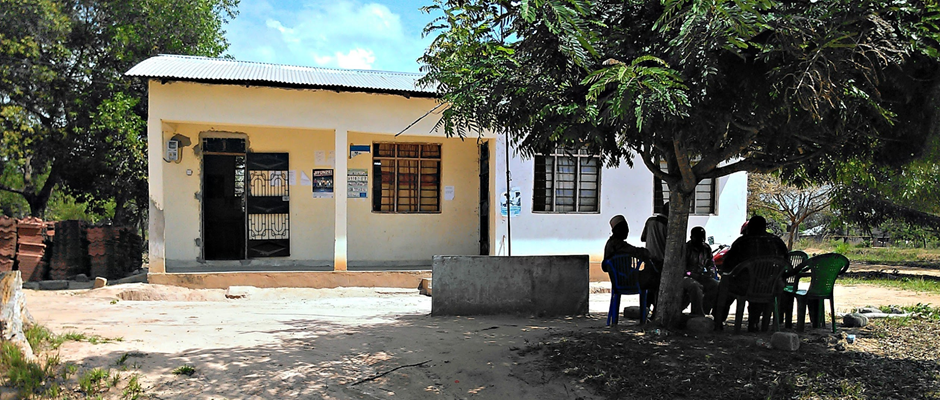
This unusual insight comes from a recent IMF publication – it finds that Uganda keeps better records of its public expenditure than Norway. Is that plausible? Absolutely.
My work with the Budget Strengthening Initiative looks at how governments can improve their transparency and how they manage their public finances, even in the most adverse circumstances – challenging contexts such as those faced by the Democratic Republic of Congo, Liberia, South Sudan and Uganda.
This often leads to surprising results and findings in what you might think were unlikely places.
In Uganda, a government website allows the public to find out both what the Ugandan government plans – and actually does – in districts around the country. A toll-free number lets concerned citizens complain directly with the government if they spot any wrongdoing. The initiative also trains journalists in making the most effective use of the data available.
The website and the broader initiative are now being assessed through a ‘randomised control trial’. Specifically, the trial will look at areas of the country to see if the initiative is better used in places where public and elected officials were trained in how to use the tools. Early feedback illustrates its potential. A comment made by an elected local official captures the heart of the initiative:
‘…all along accessing the budget and releases information has only been through the district and newspapers, but after the launch of the website I accessed the information in July. Even my superiors at the district couldn’t believe, but I had already had the information.’
Both the data and the mechanisms for its dissemination are superior to anything I have seen in the UK – or Norway for that matter.
You can find inspiring change everywhere – even places gripped by crisis
I see improvements being made in the most unpromising places, against the backdrop of war, conflict, Ebola, and chronic financial crisis.
In South Sudan, the Ministry of Finance has extended its programme of grants to individual schools, so that despite the ongoing conflict 3,000 schools are receiving grants directly into their bank accounts. This has now been extended to cover health clinics. Amazingly these bills are being paid more quickly than army wages!
On the transparency front, you can even see how much went to each school and how they spent it: see www.sssams.org/sbrt
Meanwhile as Liberia reeled from the Ebola crisis, it was able to refine its budget system to better prioritise how it allocates resources to key ministries. This was a huge achievement as the epidemic reduced government resources by a staggering 10 percent.
That however is not the total story. Ongoing support to the Liberian Revenue Authority is helping it to audit carefully the natural resources that are extracted and reconcile these with taxes that have been paid. The result in many cases is the identification of taxes that are owed and resources that the Liberian Government can use more effectively elsewhere.
Read the original blog post:
http://www.odi.org/comment/9847-uganda-more-transparent-norway-fragile-states




